HYPOPHYLLANTHIN
Synonym(s):NSC 619044
- CAS NO.:33676-00-5
- Empirical Formula: C24H30O7
- Molecular Weight: 430.49
- MDL number: MFCD03424459
- SAFETY DATA SHEET (SDS)
- Update Date: 2024-08-15 16:24:08
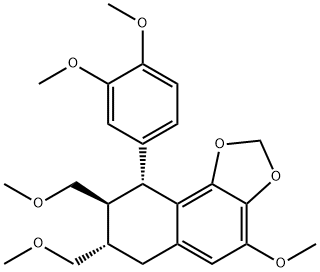
What is HYPOPHYLLANTHIN?
Description
Hypophyllanthin is an active principle of P. amarus, a plant studied for its potential to treat hepatotoxicity. In Caco-2 cells 100 μM hypophyllanthin has been shown to reversibly inhibit P-glycoprotein (also known as multidrug resistance protein 1 (MDR1)) function without effect on MDR2 activity.
The Uses of HYPOPHYLLANTHIN
Hypophyllanthin can be used to study the modulation of NSAID-induced, ER stress-mediated apoptosis in Caco-2 cells by different polyphenolic antioxidants.
in vitro
previous study found that hypophyllanthin could inhibit p-gp function with comparable potencies, but could not affect mrp2 activity. when hypophyllanthin was washed out before addition of substrate, the inhibitory action against p-gp function was lost. these results indicated the reversibility of the inhibition. moreover, prolonged exposure of the caco-2 cells to hypophyllanthin up to 7 days had no effect on p-gp function [1].
in vivo
a previous study was conducted to evaluate the effect of carbofuran on estrous cycle and follicular growth in virgin wister rats as well as recovering from the damaged estrous cycle with treatment of hypophyllanthin. hypophyllanthin is non-steroidal plant molecule with estrogen-like activities, but with an estrogen-type activity. hypophyllanthin was capable of interacting with estrogen receptors, showing both agonist and antagonist methods of action. therefore, hypophyllanthin was found to be systemically transformed into enterolignan, which is known to be responsible for augmenting estrus cycle in rats [2].
References
[1] n. sukhaphirom, n. vardhanabhuti, h. chirdchupunseree, et al. phyllanthin and hypophyllanthin inhibit function of p-gp but not mrp2 in caco-2 cells. journal of pharmacy and pharmacology 65, 292-299 (2012).
[2] aminul islam et al. estrogenic properties of phyllanthin and hypophyllanthin from phyllanthus amarus against carbofuran induced toxicity in female rats. pharmacologyonline 3: 1006-1016 (2008).
Properties of HYPOPHYLLANTHIN
| Melting point: | 129-130℃ |
| Boiling point: | 511.1±50.0 °C(Predicted) |
| Density | 1.158 |
| storage temp. | 4°C, protect from light |
| solubility | ≤0.2mg/ml in ethanol;10mg/ml in DMSO;30mg/ml in dimethyl formamide |
| form | crystalline solid |
| color | White to off-white |
Safety information for HYPOPHYLLANTHIN
Computed Descriptors for HYPOPHYLLANTHIN
New Products
4-Fluorophenylacetic acid 4-Methylphenylacetic acid N-Boc-D-alaninol N-BOC-D/L-ALANINOL Tert-butyl bis(2-chloroethyl)carbamate 3-Morpholino-1-(4-nitrophenyl)-5,6-dihydropyridin- 2(1H)-one Furan-2,5-Dicarboxylic Acid Tropic acid S-2-CHLORO PROPIONIC ACID ETHYL ISOCYANOACETATE 2-Bromo-1,3-Bis(Dimethylamino)Trimethinium Hexafluorophosphate (6-METHYL-[1,3]DITHIOLO[4,5-b]QUINOXALIN-2-ONE INDAZOLE-3-CARBOXYLIC ACID 4-IODO BENZOIC ACID (2-Hydroxyphenyl)acetonitrile 4-Bromopyrazole 5,6-Dimethoxyindanone 2-(Cyanocyclohexyl)acetic acid 4-methoxy-3,5-dinitropyridine 2-aminopropyl benzoate hydrochloride 1-(4-(aminomethyl)benzyl)urea hydrochloride diethyl 2-(2-((tertbutoxycarbonyl)amino) ethyl)malonate tert-butyl 4- (ureidomethyl)benzylcarbamate Ethyl-2-chloro((4-methoxyphenyl)hydrazono)acetateRelated products of tetrahydrofuran
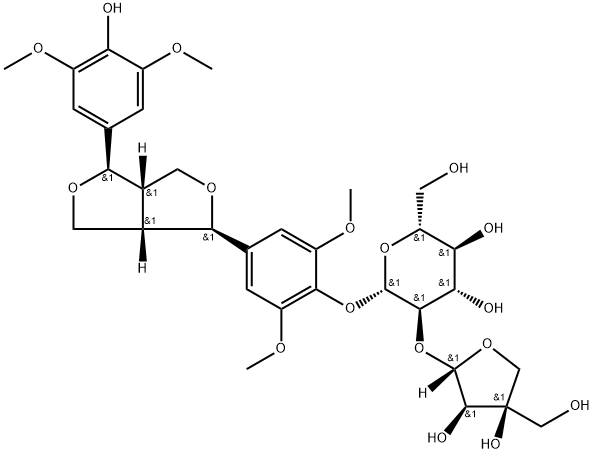
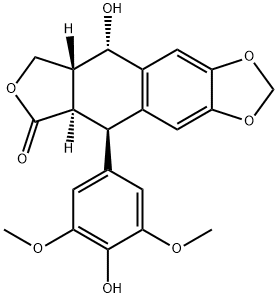
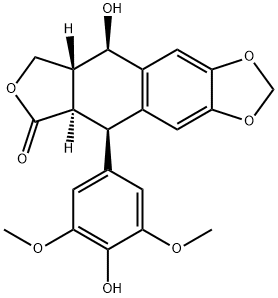
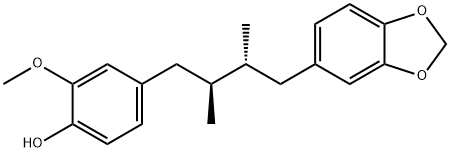
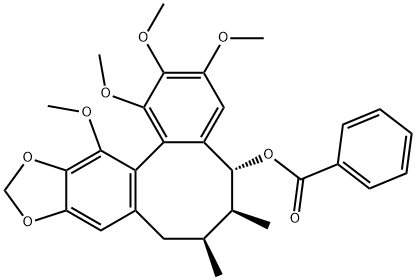
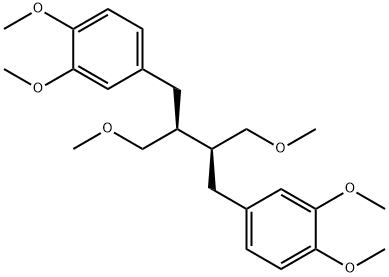
![(1S,3aR,4R,6aR)-4-(3,5-Dimethoxyphenyl)tetrahydro-1-(3,4,5-trimethoxyphenyl)-1H,3H-furo[3,4-c]furan](https://img.chemicalbook.in/CAS/20150408/GIF/1134188-26-3.gif)
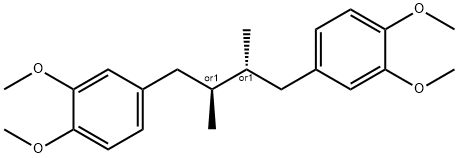
You may like
-
 Hypophyllanthin CAS 33676-00-5View Details
Hypophyllanthin CAS 33676-00-5View Details
33676-00-5 -
 2033-24-1 98%View Details
2033-24-1 98%View Details
2033-24-1 -
 1975-50-4 98%View Details
1975-50-4 98%View Details
1975-50-4 -
 2-HYDROXY BENZYL ALCOHOL 98%View Details
2-HYDROXY BENZYL ALCOHOL 98%View Details
90-01-7 -
 2-Chloro-1,3-Bis(Dimethylamino)Trimethinium Hexafluorophosphate 221615-75-4 98%View Details
2-Chloro-1,3-Bis(Dimethylamino)Trimethinium Hexafluorophosphate 221615-75-4 98%View Details
221615-75-4 -
 61397-56-6 CIS BROMO BENZOATE 98%View Details
61397-56-6 CIS BROMO BENZOATE 98%View Details
61397-56-6 -
 14714-50-2 (2-Hydroxyphenyl)acetonitrile 98+View Details
14714-50-2 (2-Hydroxyphenyl)acetonitrile 98+View Details
14714-50-2 -
 118753-70-1 98+View Details
118753-70-1 98+View Details
118753-70-1